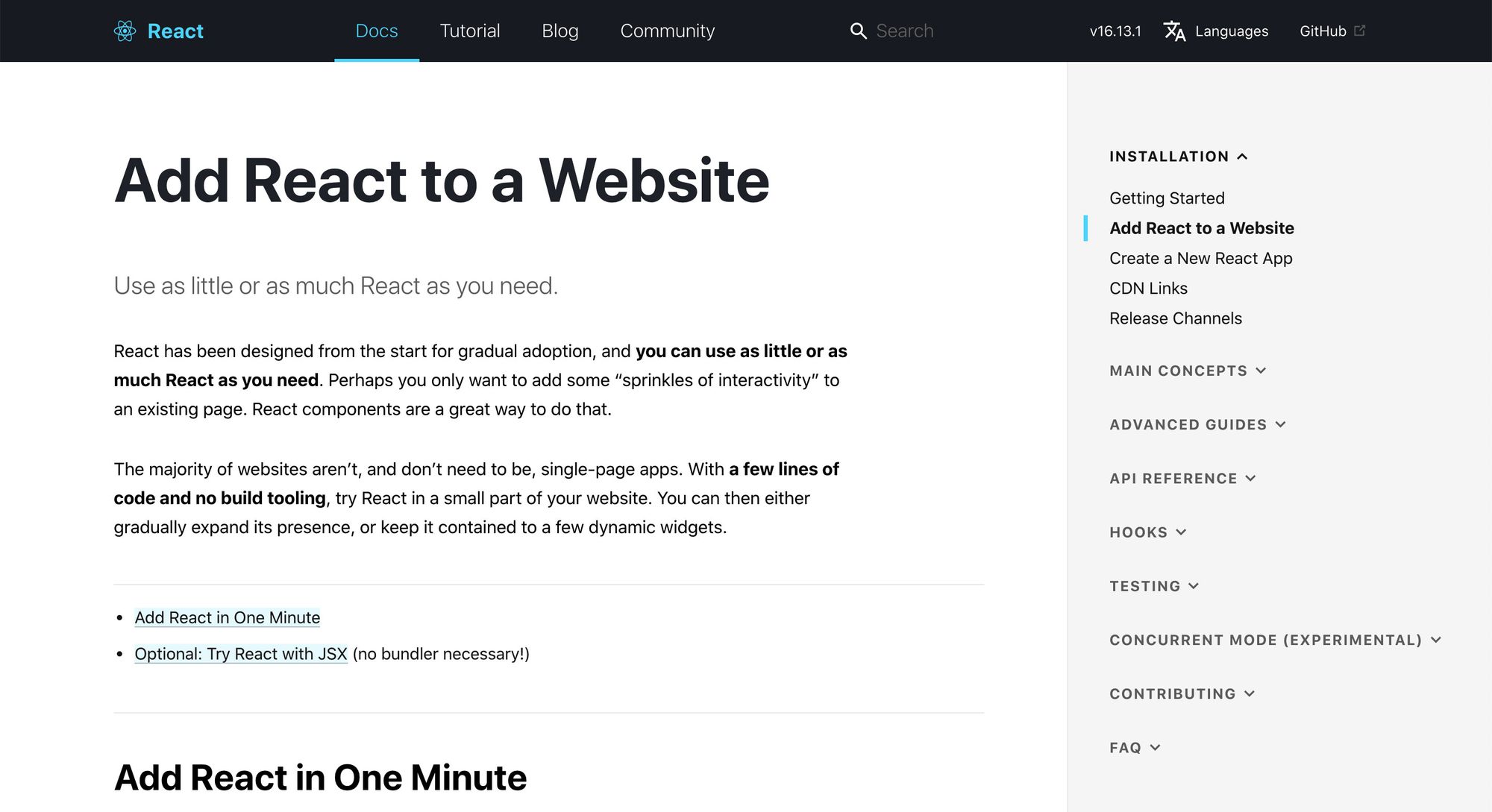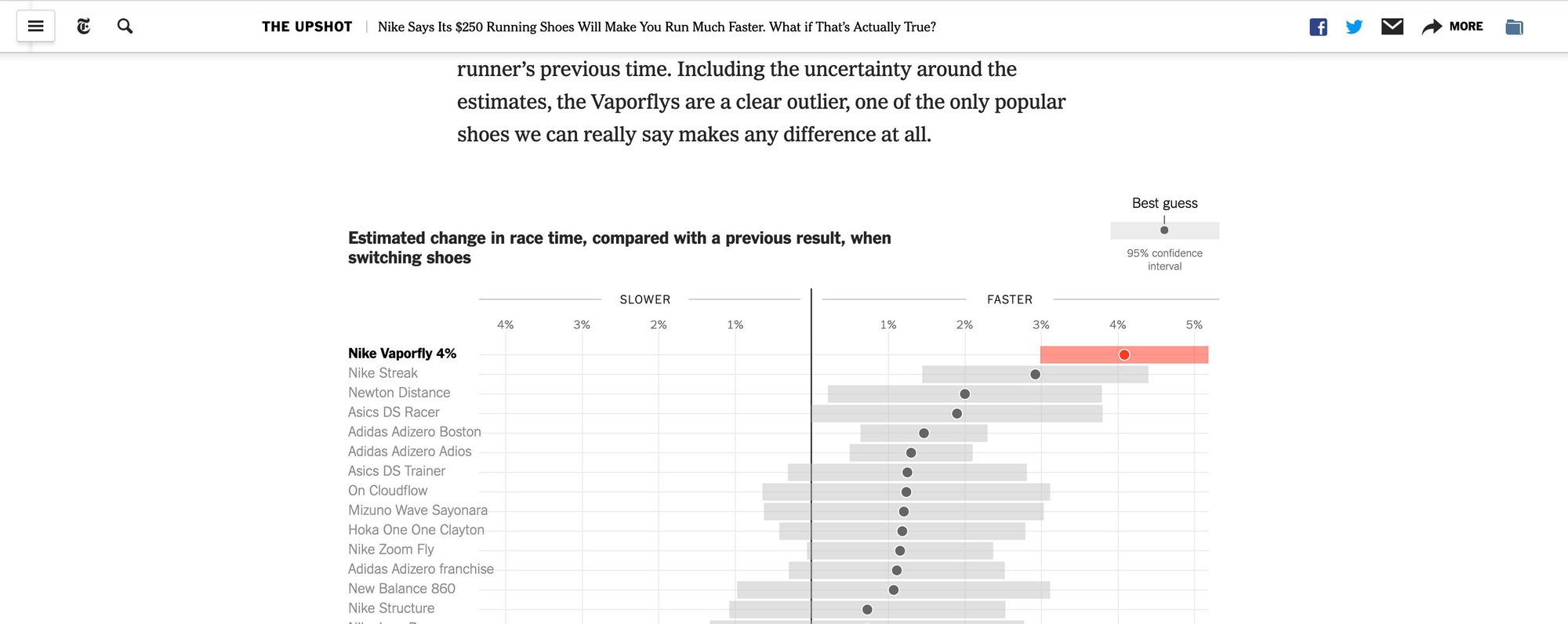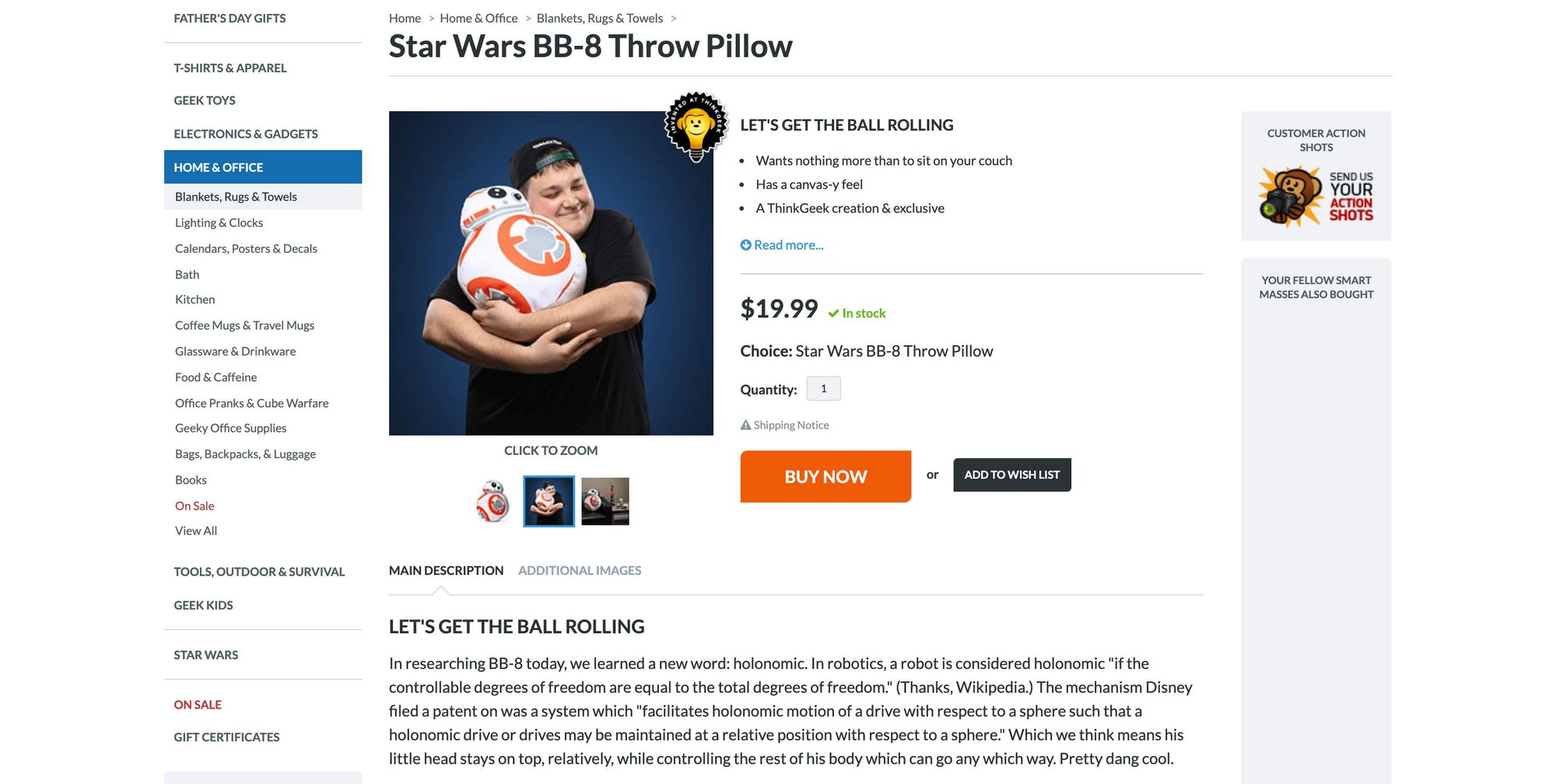How to Write More Effectively and Develop Your Unique Style
 Colby Fayock
Colby Fayock
Writing is an important way for all of us to share our thoughts and experiences. While the content itself is important, what else can we can do to more effectively get our thoughts across?
Why is writing important in the first place?
Everyone will develop their own reasons for why writing is important to them, but there are aspects of writing that can help us all.
Writing is a way to teach both others and yourself. While it may be obvious that writing out a tech guide is helping to teach an audience, you're also reinforcing your own learning. Documenting your experiences both provides a way to dig deep into what you've learned and also gives you a way to reference it in the future.
While writing comes easier to some than others, it doesn't have to be scary! There's always someone that can learn from your perspective whether you're new or experienced on a topic.
And the best part about writing is you can do it for yourself. If you want to write to help yourself grow, you can do so privately and never share it with the public! But when making that decision, weigh the benefits, as there is some merit to learning in public.
So now that you're convinced, what can you do to make your writing more effective?
Keep your content organized with headlines
Getting someone to read your content is already hard enough, but when you have a sea of text, it just makes digging in more intimidating.
Naturally when reading, having breaking points helps let your brain keep thoughts organized and understand the hierarchy of the page. By using headlines, we can effectively break our thoughts into chunks of content that can help others more easily follow along.
 React's use of headings on their documentation website
React's use of headings on their documentation website
An easy way to approach this is to think about the outline of your page before you dig in. When writing this article, I thought about what I wanted to talk about and in what order I thought it made the most sense.
While maybe some people might have understood the article regardless of the organization, it makes more sense to explain why it's important before going into how we can be more effective. Having that flow also helps me better express my thoughts as I'm writing the content.
This also helps from an SEO perspective. When you use HTML headers (which is common in most content management systems), you're signaling to Google and the other search giants what your page is about and what's most important.
By effectively using headlines, you're helping not only your readers, but you're helping to send the right signals to the robots indexing your page for search.
Visualizing your thoughts with images
Similar to headers, seeing a wall of text with no visual breakpoints can be hard to consume. Another way we can break up this content and provide more value is to add pictures to go along with our thoughts.
Pictures can be useful for a variety of reasons. For complex concepts, having a diagram can help illustrate thick data that can be hard to understand. Throwing a bunch of numbers in a sentence is easier to create, but providing a graph or chart can help someone actually understand what those numbers mean.
 New York Times data visualization of running shoes
New York Times data visualization of running shoes
Adding examples of a new idea can help contextualize your thoughts. This can serve as a way to demonstrate a use case or to inspire someone with successful implementations.
But sometimes images are a good way to break the tension. Later we'll talk about finding your voice, but this is a way to help shape it. While maybe a funny gif isn't appropriate in a science paper, it can be a good way to get a chuckle in the middle of a technical walkthrough, particularly after getting through a dry, challenging part!
 Spongebob bored
Spongebob bored
Link to other sources for more context and trust
When writing, the last thing most of us probably think about is adding links to other pages. But this can be a valuable tool at your disposal!
From your reader's perspective, linking to other pages is a way to show authority with your writing. Are you making a claim based on facts? Link to those facts! By backing up your claim, you're building trust with your readers that you're doing the research.
 Link and chart to show language popularity trends
Link and chart to show language popularity trends
But you're also helping yourself. If you've been writing for a while, you already have a stock of great content you want to share. Why not link to some of your past work with some internal links?
The first sentence in this article when I was explaining why writing is important was a link to one of my previous articles: Overcoming Your Fear of Writing and How You Can Find Motivation. Rather than rewriting all of the same content, I can highlight a key point and provide a link for the reader to follow if they're interested. I'm both helping give the reader more value and sharing more of my content at the same time.
Providing links to other sources via external links is also helpful. In addition to backing up your claims with your readers, you're also helping build that trust with search engines who can see that you're linking to trusted resources.
And there's also a chance someone from that other website can see you sending over links. If you're sending them traffic and they see value in your work, they might return the favor and send people your way.
Similar to headers, providing both internal and external links are another tool we have to build trust with both our readers and search engines.
Finding your voice
Everyone tends to have their own unique voice when talking to others. And I'm not talking about the sound of your voice, but your style. It's the words you use, how you phrase them, and your experiences that go into those words.
You might even have a few different voices. Sometimes we need to be a little more professional in a school or work setting whereas we can be more relaxed with friends and family. But similar to when you talk to people, everyone has their own voice when writing.
This is something that will develop over time. Some people are lucky and find it early, but the more you write, the more you will develop your own unique style that people will grow to love.
 ThinkGeek's historically unique writing voice
ThinkGeek's historically unique writing voice
And it's something that you don't need to and shouldn't fake. While changing the voice of your writing can be important if you're writing on behalf of someone else, when you're writing from your own point of view, try to be yourself and open up your mind through your writing.
For me it comes from the passion of my work. I love being a developer so my voice naturally comes as I write articles to help others with their own journey. Try to remember why you're writing and it will help you craft your voice with that passion.
A few other thoughts
Here are a few more points that are worth mentioning.
Code snippets
Similar to images, code can be an effective way of demonstrating your point. It also proves as a way to share the code as you're walking through how to create something.
While helpful, be careful not to abuse code snippets. You don't want long blocks of code that extend beyond the page or really even half of the page for that matter. If the code is going to be long, try using something like a gist, git repo, CodeSandbox, or Codepen.
Image quality
Nobody likes looking at poor quality images. When adding a new image, make sure the resolution is high enough that it's clear and not looking fuzzy.
You also don't want to go too far overboard with high resolution imagery, as the bigger the image is, the larger the file size. Try to avoid huge images so your readers don't have to download those big files.
Writing tools
Try to get comfortable with your writing tools. There are a ton of options whether you use something like Bear to write with markdown or if you prefer to write directly in the CMS.
There's also a lot of tools that can help improve the quality of your writing. Hemingway will actually analyze the readability of your writing and help point out where you could improve it.
Effective storytelling
These are just some tools that can help you tell your stories. While we're all writing for our own purposes, you can use these tools to ultimately help boost the great content that you're working hard to create!
What are your tips for good writing?
Share with me on Twitter and start the conversation!
Subscribe to my newsletter
Read articles from Colby Fayock directly inside your inbox. Subscribe to the newsletter, and don't miss out.
Written by

Colby Fayock
Colby Fayock
Director of DevX Engineering @ Cloudinary
